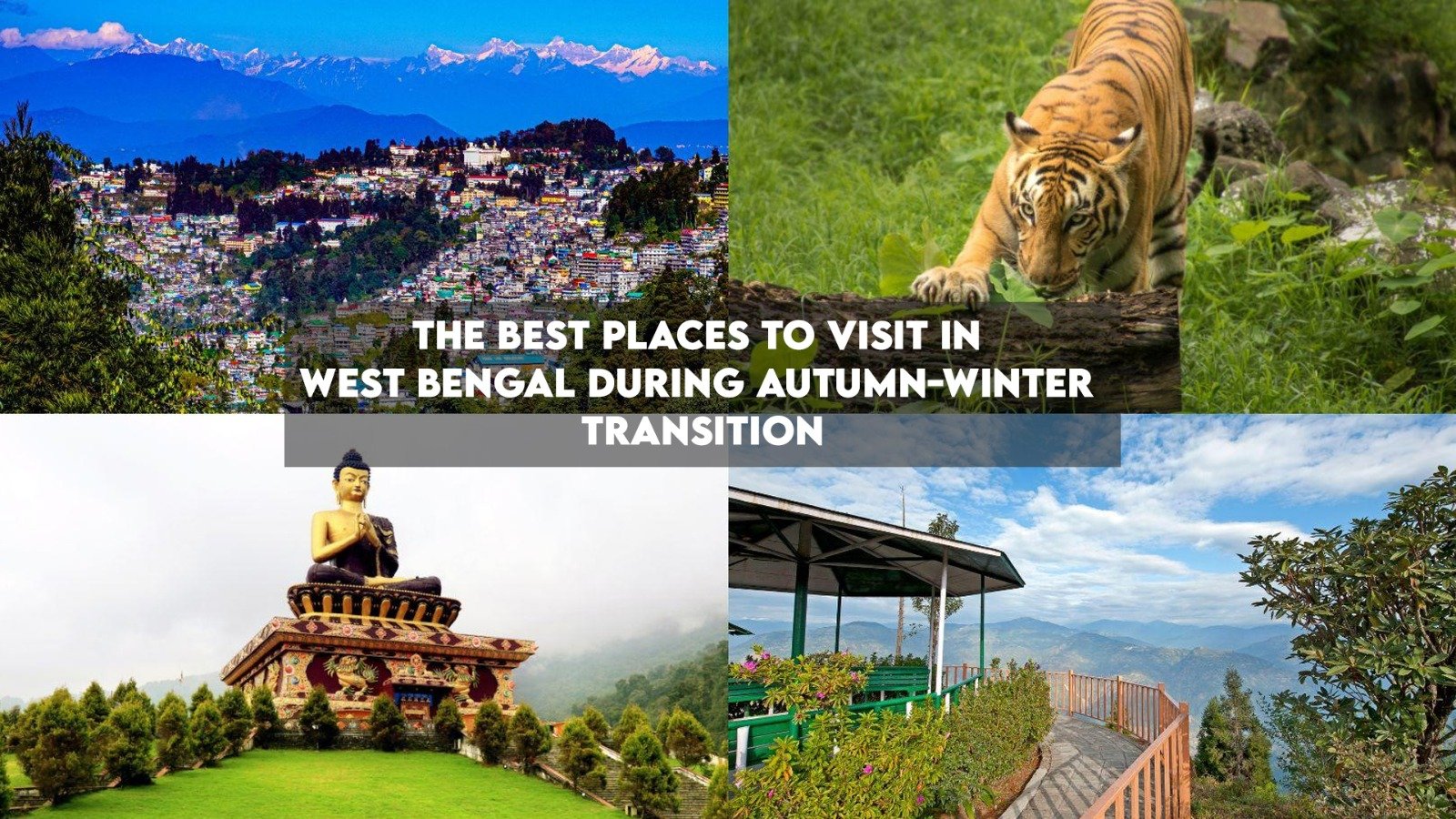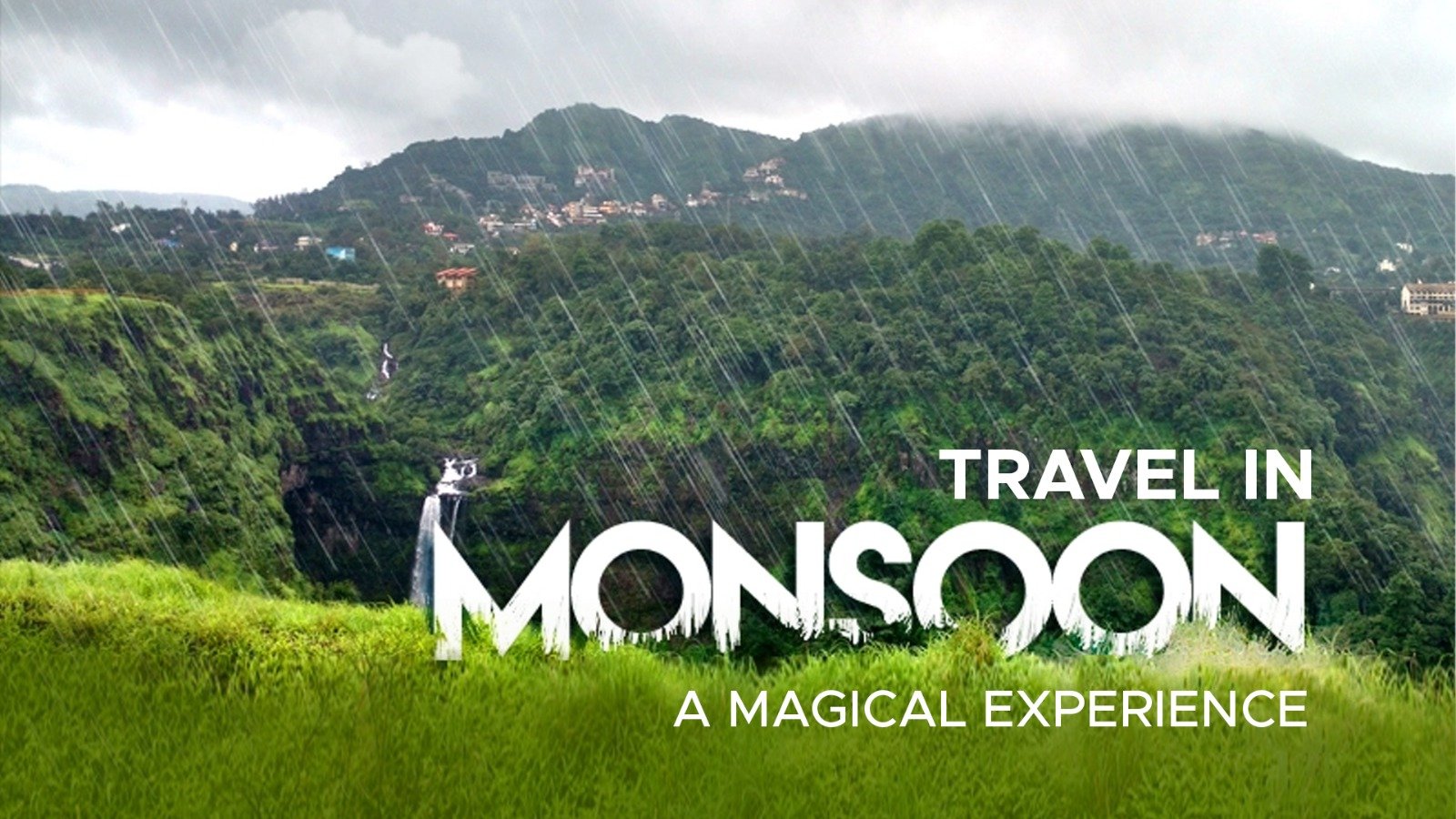Summer is the hottest season of the year. In this season the temperature becomes so high that water starts to evaporate very quickly. But this is the most entertaining season for kids who enjoy it to the fullest because their school gets off in the summer season. Usually, summers last for mid or later March to June but they can expand up to the first week of July due to a delay of monsoon.Facts about the Summer Season Is the concept of planting trees to help combat climate change really going out on a limb, so to speak, or might it take root? Sassan Saatchi, a senior scientist at NASA’s Jet Propulsion Laboratory in Pasadena, California, believes it has some merit. But while he says there’s potential for using reforestation as a climate mitigation tool, he cautions there are many factors to consider and that planting trees will never be a substitute for decreasing fossil fuel emissions. Environmental scientists recently updated the term “climate change” to “climate emergency.” The global crisis requires all citizens, professionals, and government officials to take the initiative by shrinking their carbon footprints. Researchers are identifying the top emission-producing technologies and systems to develop sustainable alternatives. A significant portion of residential pollution comes from air conditioning units. Individuals and business owners can decrease the effects of global climate change by assessing the emission-production features of cooling systems. After evaluating the sustainability limitations, building owners can adopt low-emission air conditioning units and help enhance ecological conservation. Air conditioners are essential components of residential and commercial heating, ventilation, and air conditioning (HVAC) systems. Globally,of the electricity supply. Fossil fuels like coal and gas make up most of the electricity around the world. Larger countries emit tons of greenhouse gas emissions annually from air conditioning. The pollution derives from low efficiency and hydrofluorocarbon (HFC) refrigerants. High HFC usage results in stratospheric ozone depletion. The season occurs when the earth tilts towards the sun and a vice versa for winter. In the southern hemisphere, December to February are the summer months. The day becomes warmer and nights become cooler. Besides, the day is longer and nights are shorter. This season, we get a lot of variety of fruits & vegetables. And this is the season in which farmers prepare their land for cultivation. The sky becomes clearer as there are no clouds to give shade. And the sun shines bright. Effects of Summer Season Summer is hot for many reasons including some natural factors and some man made factors. These factors also cause many changes in climate conditions. Although the season is quite dry the kids love it.Moreover, too much hotness is very bad for certain things and results in many problems. One problem that it causes in humans which is very common is dehydration. It not only causes weakness and dizziness but also can lead to death. So, to keep the body hydrated we need to drink plenty of water. Small ponds, rivers, and wells dry up in this season. The groundwater level declines and in some areas conditions like drought occur.To conclude, we can say that the summer season is not as bad as it looks. It is just like any other season. We can also enjoy summer like any other season by finding the right ways like kids. Moreover, the season is rich in a variety of fruits and vegetables, especially the mango.
Summer Glory
Sarmistha Ray
||
Post On > Jun 7 2023 ||
.jpeg&w=1200)

The Best Places to Visit in West Bengal During Autumn-Winter Transition
2025-10-08 10:55:53

Durga Puja: A Celebration of Culture, Devotion, and Togetherness
2025-08-28 14:45:06

Recitation Was Once Considered a Competitive Sport in Ancient Greece
2025-08-13 13:11:14

Recitation Across Cultures: A Global Perspective
2025-08-06 14:50:44

The Power of the Spoken Word: Techniques and Traditions in Recitation
2025-07-30 13:51:52

Travel in Monsoon: A Magical Experience
2025-07-02 15:03:12